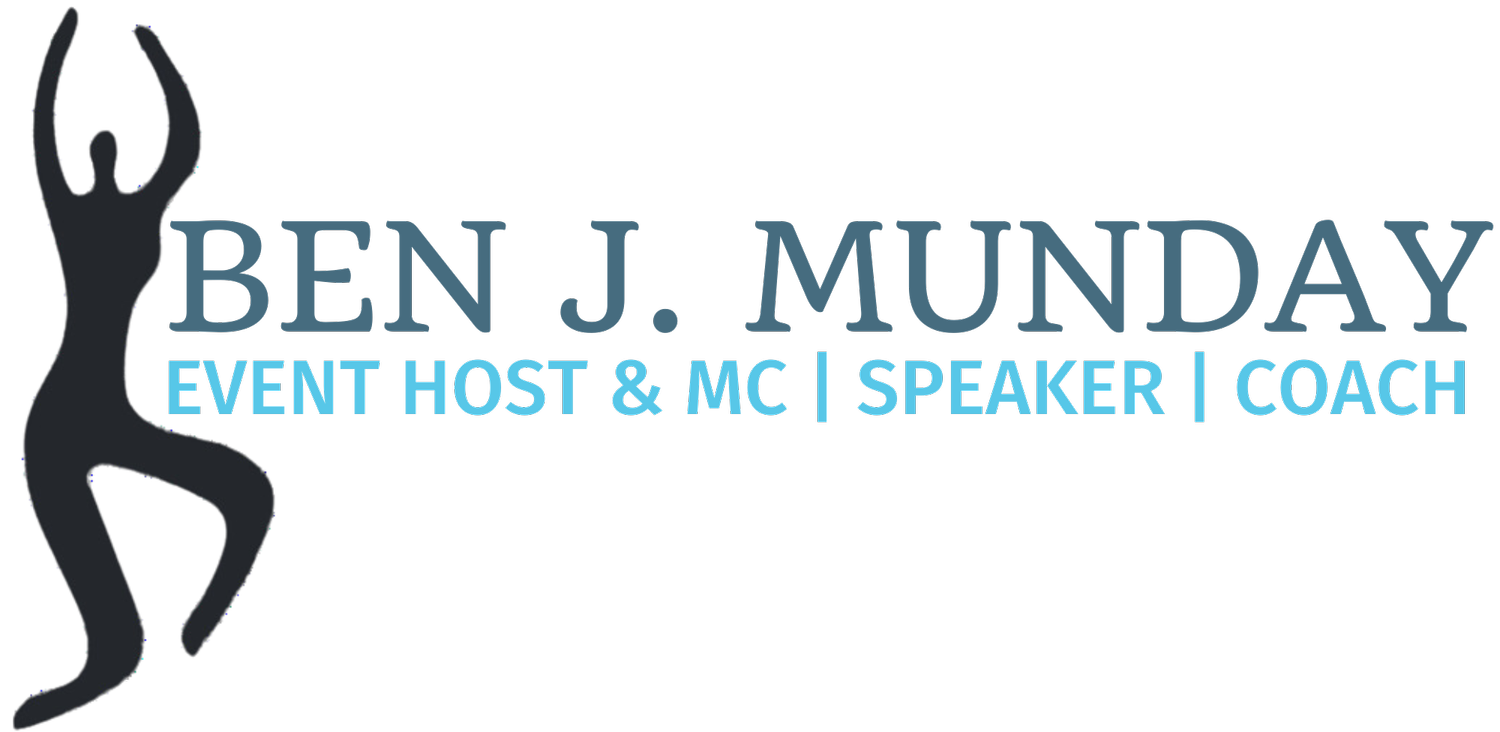Embrace the Benefits of Stress?
The public health message is that stress is harmful to our health, productivity, relationships, cognition and fertility: in fact all areas of our lives, even sleep. We have been fostered an insidious generalisation and over simplified understanding that stress is outrightly damaging to our physical and mental health.
“Stress = bad”
But really, things are quite different
The true nature of stress is a paradox. Evidence of the origin of stress, the experience of the body’s response (felt sensation - tightness, intensity, increased bodily functions heart rate and breathing leading to increased energy level1) evolved to enhance our ability to deal with difficult situations in an adaptive manner. To strengthen our muscles and build capacity for future hardship or adversities.
Survival of the fittest came through the tests of stress over time as the weak would die off.
Let's unpack the concept of stress and to understanding it better. Dr. Alia Crum, Ass. Professor at Stanford while a guest on The HubermanLab podcast defines stress as:
“Encountering or anticipating adversity or challenge in one's goal related efforts.”
‘Encountering or anticipating…’
You can be in the middle of a stressful event, on the edge or something you are just worrying about.
‘…adversity or challenge…’
Something that is working against you…
‘…one's goal related efforts.’
Things (goals) we wish to do or achieve. Things we care about i.e. we stress because we care!
-
This might be regarding a relationship, our children's safety or work that we really value and wish to be successful at.
Stress can show us what we care about because if you didn’t care about it…. You would not stress about it. #ZeroF*@#s
The positives about stress (…that we miss…)
Increases our attention (maybe to keep us safe)
Narrows our focus for the task at hand (intention)
Speeds up the rate at which we are able to process information. (learning a new skill)
Increased physiological and psychological toughness (resilience)
Help builds neural and muscular growth (learning and growth)
Reinforce our connection with our personal values and to others (what's important to us)
Heightens our sense of joy and passion for living (meaning!)
The truth: stress is a paradox.
The more important questions might be ‘what is your mindset to stress?’ ‘Do you perceive stress as a challenge or a threat?’
Research articles state that when a ‘stressor’ was perceived as a natural part of life ups and down, then the mind and body responded more adaptively.
The take away being: the more constructive the mindset, the better outcomes for health, well being and performance.
A more positive and beneficial mindset could be, “Stress…
…enhances my performance and productive!”
…strengthen my relationships with personal resolve!”
…heighten my vitality and growth in life!”
…makes me stronger and prepared to for my next challenge!”
Take these 3 steps to welcoming, maybe even befriending stress:
Awareness: acknowledge it, own it, be mindful of it. Use breathing to calm, grounding, centring techniques.
Welcome it: In stress there is something important to you. Connect with what it is that you care about - feel it in your body and be-with the change in sensation.
Leverage the physical response: whether heighten focus or increased grit and determination to achieve the thing you care about - Get tough! GO DO IT! Make it happen.
Enjoy the wonderful feeling after!
Additional tools for your inspection : http://sparqtools.org/rethinkingstress/
The world is full of challenges and adversity… If you can’t beat it, I suggest you engage with it and benefit.
Dr. Elka Paul co-founder of CreativePositive put it beautifully “You are the one that makes your story. Get active and take agency over the things you can control”
So how do you view stress now? How might you adapt your mindset? How can you embrace this adaptive state and use it for good?
Supporting articles, videos and tools:
Shwartz, M., Robert Sapolsky discusses Physiological Effects of Stress 06.02.2022, Stanford News, https://news.stanford.edu/news/2007/march7/sapolskysr-030707.html
Huberman, A.(Host). (2022,01,24). Dr. Alia Crum: Science of Mindsets for Health & Performance (No.56). In The Hubermanlab Podcast: https://www.youtube.com/watch?v=dFR_wFN23ZY
Clum, A. & Crum, T., Stress Can Be a Good Thing If You Know How to Use It 12.01.2022, Harvard Business Review, https://hbr.org/2015/09/stress-can-be-a-good-thing-if-you-know-how-to-use-it
Parker, C.B., Embracing Stress is More Important than Reducing Stress 17.01.2022, Stanford News, https://news.stanford.edu/2015/05/07/stress-embrace-mcgonigal-050715/
Stress Tools from Stanford School of Medicine http://sparqtools.org/rethinkingstress/
Munday, B. Youtube channel for videos https://www.youtube.com/channel/UCXh-Maylu4QdD62qwp3JGOw


